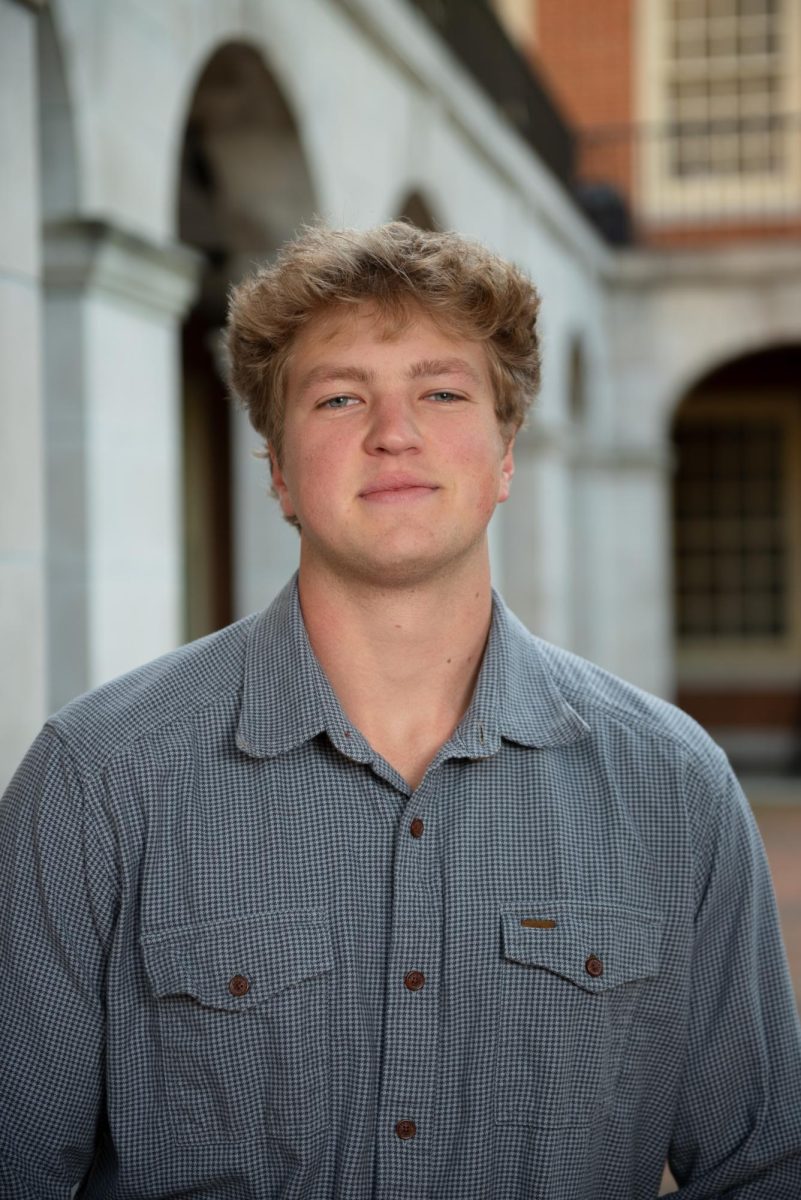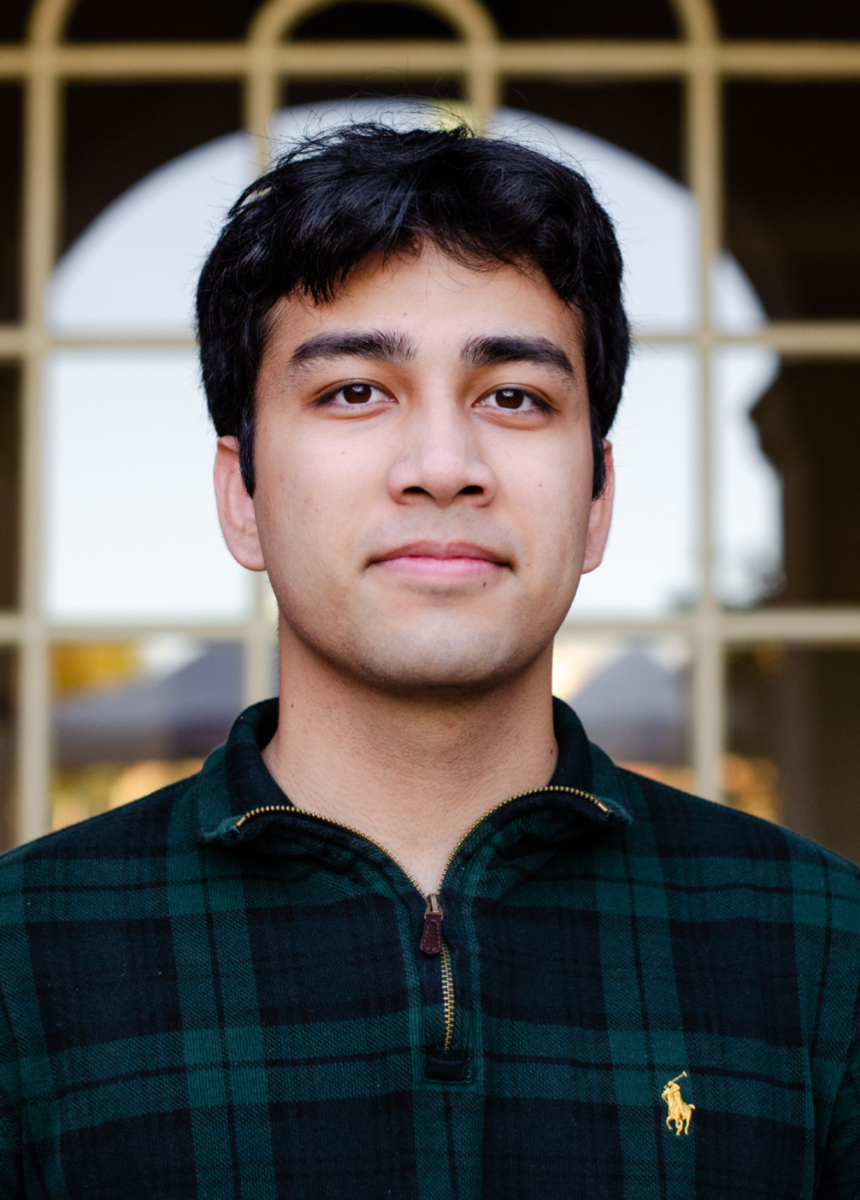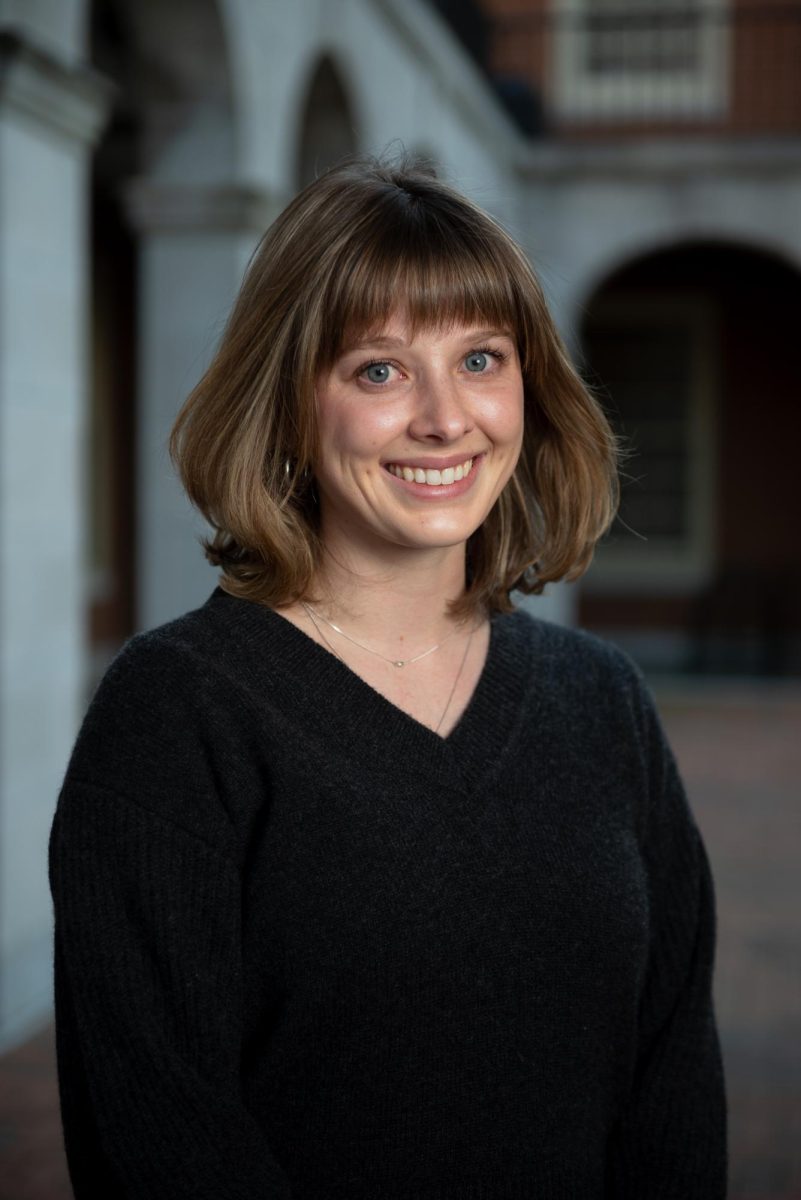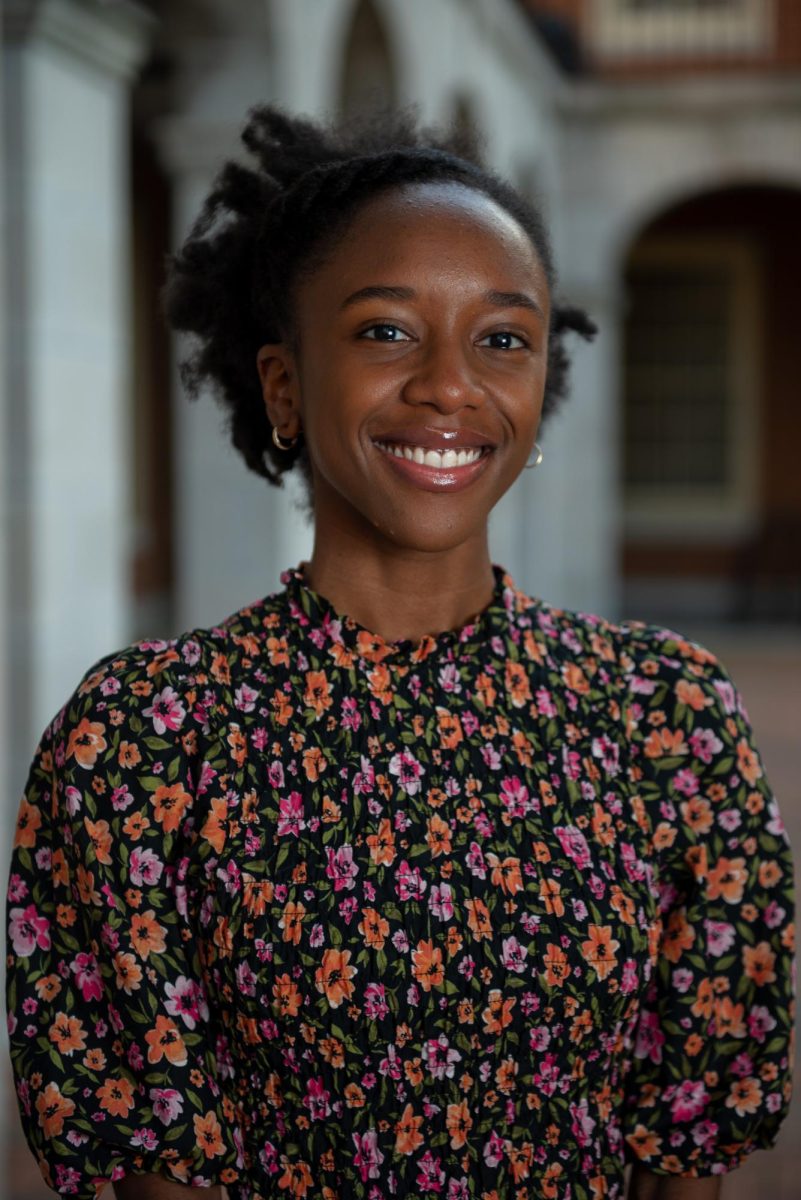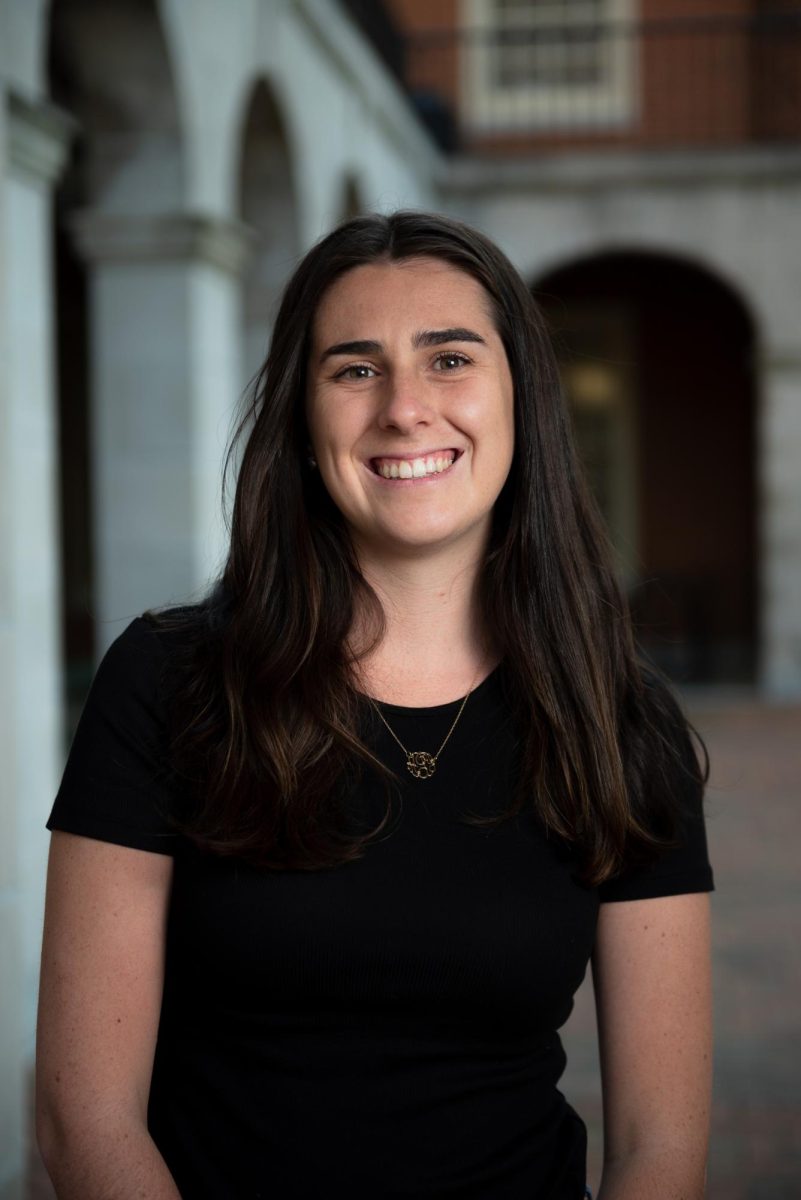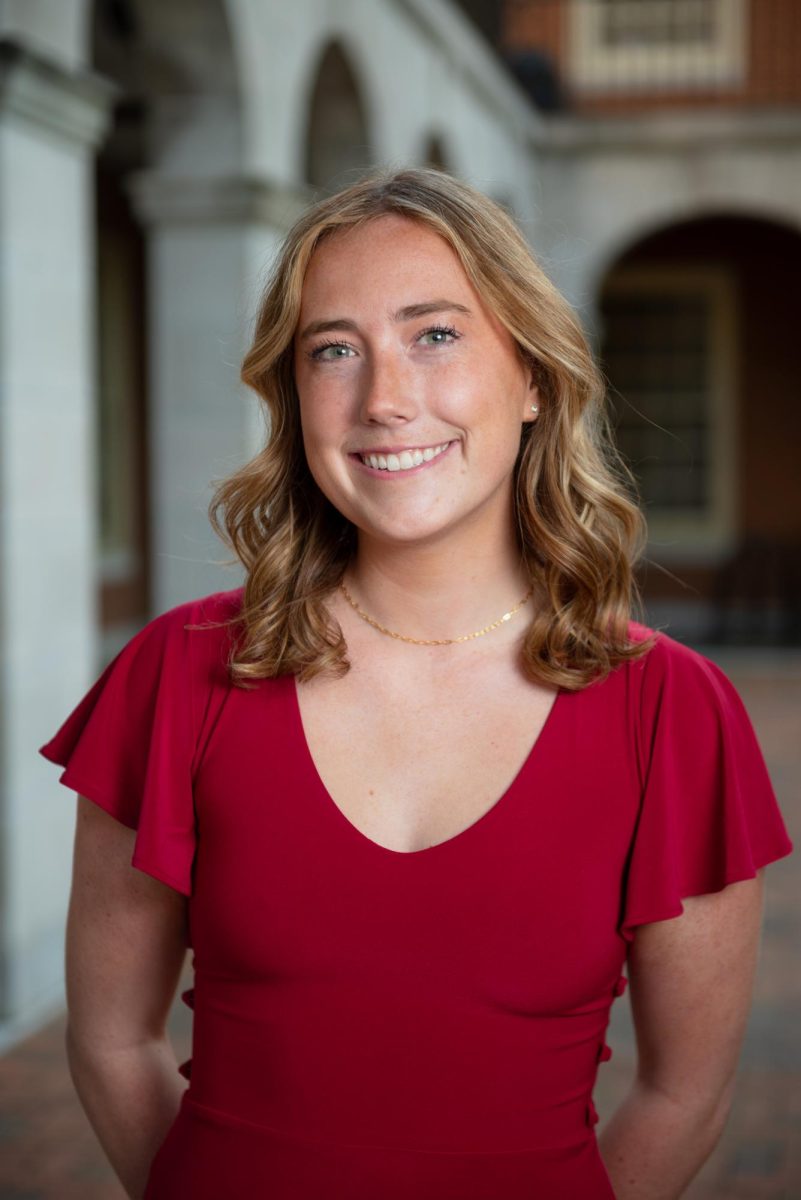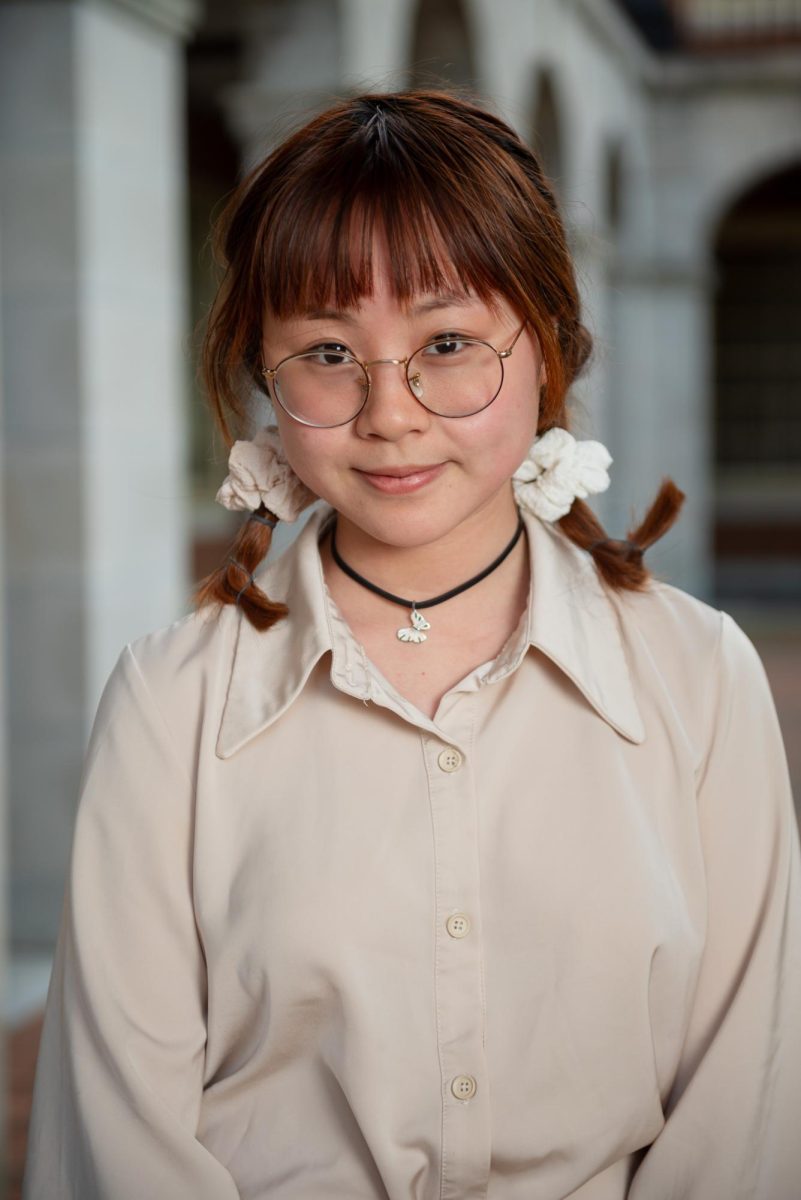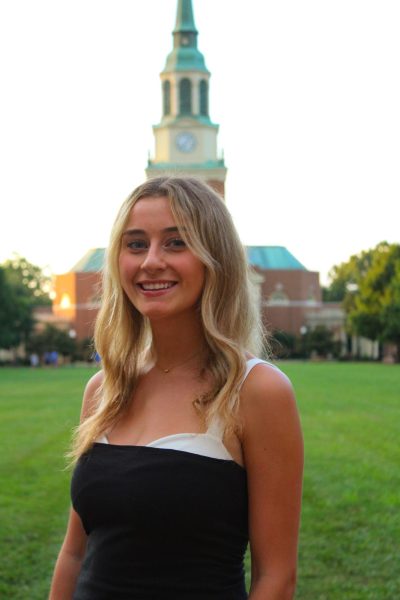Claude Bragg comes from a long line of Demon Deacons: both his parents, three sets of his aunts and uncles and his grandparents were all students at Wake Forest University. He knew from a young age that one day, Wake Forest would likely become his home as well.
When he committed to Wake Forest for football, this dream became a reality.
“[Football is] definitely tough — it’s really challenging — but I love that,” Bragg said. “It’s made me grow as a person a lot. I love football, and I love my teammates.”
He reflected on how philosophy has helped guide him through football injuries. He had significant knee and shoulder injuries, and the concept of stoicism in philosophy helped him to deal with the confrontation of the pain.
“In the context that I’m talking about, [stoicism] focuses on the individual’s power to perceive things, which is sort of importantly disconnected from the stigma we put on it,” Bragg said. “For example, I got a knee injury, which people perceive as objectively a horrible thing. And it is, but stoicism makes you view these things as more indifferent when you have the rational capacity to perceive them as not necessarily as negative as one might think they should be.”
He continued: “My knee might be f***ed, but me as a person, I’m okay.”
Philosophy was a major that Bragg didn’t know much about coming into Wake Forest, but his path was set when he happened to end up in Dr. Justin Jenning’s introductory course as a freshman.
“When I got to Wake [Forest] I didn’t really know what philosophy was,” Bragg said. “But I feel like I’ve always been sort of predisposed to philosophy. I’ve always been kind of really curious about sort of the deep aspects of existence and reality.”
One day in the introductory class, they learned about a philosopher named Descartes and his method of inquiry with metaphysics. Bragg remembers the exact moment in class when he knew he wanted to continue to study philosophy — his mind was simply blown by the ideas discussed. He was amazed by the depth of philosophy, and in that moment, he knew it would be his major going forward.
His favorite class was European Philosophy with Dr. Francisco Gallegos because of the community that was created within the classroom under the mentorship and support of the professor. They studied topics in class such as what it means to exist and how you should exist.
“[Gallegos] is just great — he’s the kind of professor that’ll meet with you and talk about everything about your life,” Bragg said. “And he really cares, and he cares about your intellectual and personal growth.”
Far from being done with his studies, Bragg feels like he has a lot to still learn in the study of philosophy.
“There’s so much depth and nuance in philosophy,” he said. “You could easily commit your entire life to studying all these different realms of philosophy and never really be close to experiencing the full nature of philosophy. So I think I have tons more to learn. Every day, I feel like I have to embrace this humility as [I] discover these whole new fields. You can never get tired of studying philosophy.”
After graduation, Bragg plans to pursue the startup that he is working on with his teammate and roommate. They are building a platform for transfer athletes to connect with coaches because there currently isn’t an easily accessible place for players to do that. Looking forward to the future, Bragg remains excited to continue the process of developing this business.
“There’s so much uncertainty, and every day I’ve been working on it and talking to new people and putting myself out there. I never thought I’d be starting a company, and especially not so soon, so that’s really exciting.”



